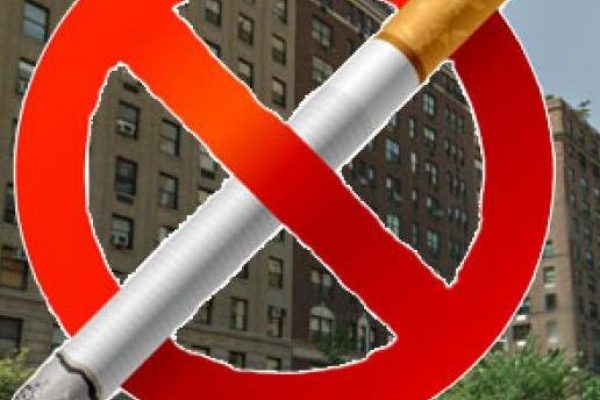Beyond a habit for most smokers, smoking it is an addiction. Nicotine changes the functioning and structure of the brain. Over the years, the amount of nicotine put in cigarettes has increased. Some cigarettes now contain up to thirty-five times more free-base nicotine than other cigarettes. This type of nicotine is obsorbed quicker by the lungs and brains than the nicotine that's in the average cigarette. It has even been referred to as "crack nicotine" because of how quickly it reaches its destination, much like heroin or cocaine.
If you've used these specific cigarettes, it's likely a true addiction has been born. And if you go to quit, you must be ready for the powerful mood swings and temporary anxiety you will typically feel. To sucessfully recover from this addiction, you must have the patience to let your mind adjust to functioning normally. You will feel heavy cravings, and it is normal to think that this is because you want a cigarette, but actually your brain wants nicotine.
After several puffs of a cigarette, the smoker begins to relax and feel more alert. We have another puff and another because it makes us feel good. Nicotine reachs the brain in about ten seconds, and a chemical named Dopamine is released, which gives the smoker a feeling of pleasure. Heroin and "crack" effect us in much the same way. When you cut down or go cold turkey on smoking, your boby will begin to experience withdrawal. The most common symptoms of withdrawal are: restlessness, increased appetite, weight gain, depressed mood, insomnia, anxiety, frustration, irritablity, decreased heart rate, and, of course, the urge to smoke. These feelings will lessen over time.
About half of the body's nicotine reserves decline every two hours. For the smoker who wants to quit, this is the time when the brain begins being bathed in a nicotine-free blood serum. This is when the true quitting begins. It can take up to 72 hours for the blood serum to become free of nicotine. Anxieties associated with the readjustment your body is going through, normally peak in intensity now and begin to gradually decline. Now, if you have one more puff and put nicotine into your system now, you will have to face this 72 hour detox anxiety again. But this is just a chemical, and we can have power overcome it if we really want to.
Just like other addictions, once you have quit you must stay away from them for good. For a while, stay away from others who smoke, the smells associate with smoking, and your known triggers. All of these can make the urge too much to bare. Just one puff and you could be right back smoking again. Some 'social smokers' are able to stop and leave it alone, but most cannot. Experts feel this may have something to do with genetics.
A nicotine addiction is much harder to quit than most may think. With about thirteen million smokers each year trying to quit cold turkey, only less than 5% will be smoke free in six to twelve months. Be sure to keep in communication with your doctor or smoke coach, as these symptoms come on. Each one can and should be addressed as it comes up.
Weaning yourself off of cigarettes by using gums, enhalers, or pills is giving yourself a six month relapse rate 93% of the time. And almost 100% of second time nicotine patch users relapse in six onths. Some smokers even become nicotine gum addicts. On average, a smoker may try at least five times to quit. But, if you learn from each past trial, soon it will become second nature, and you will be able to stop once and for all.











